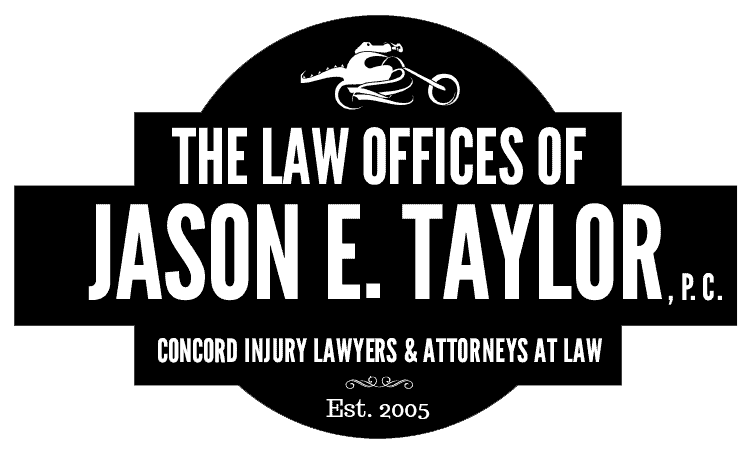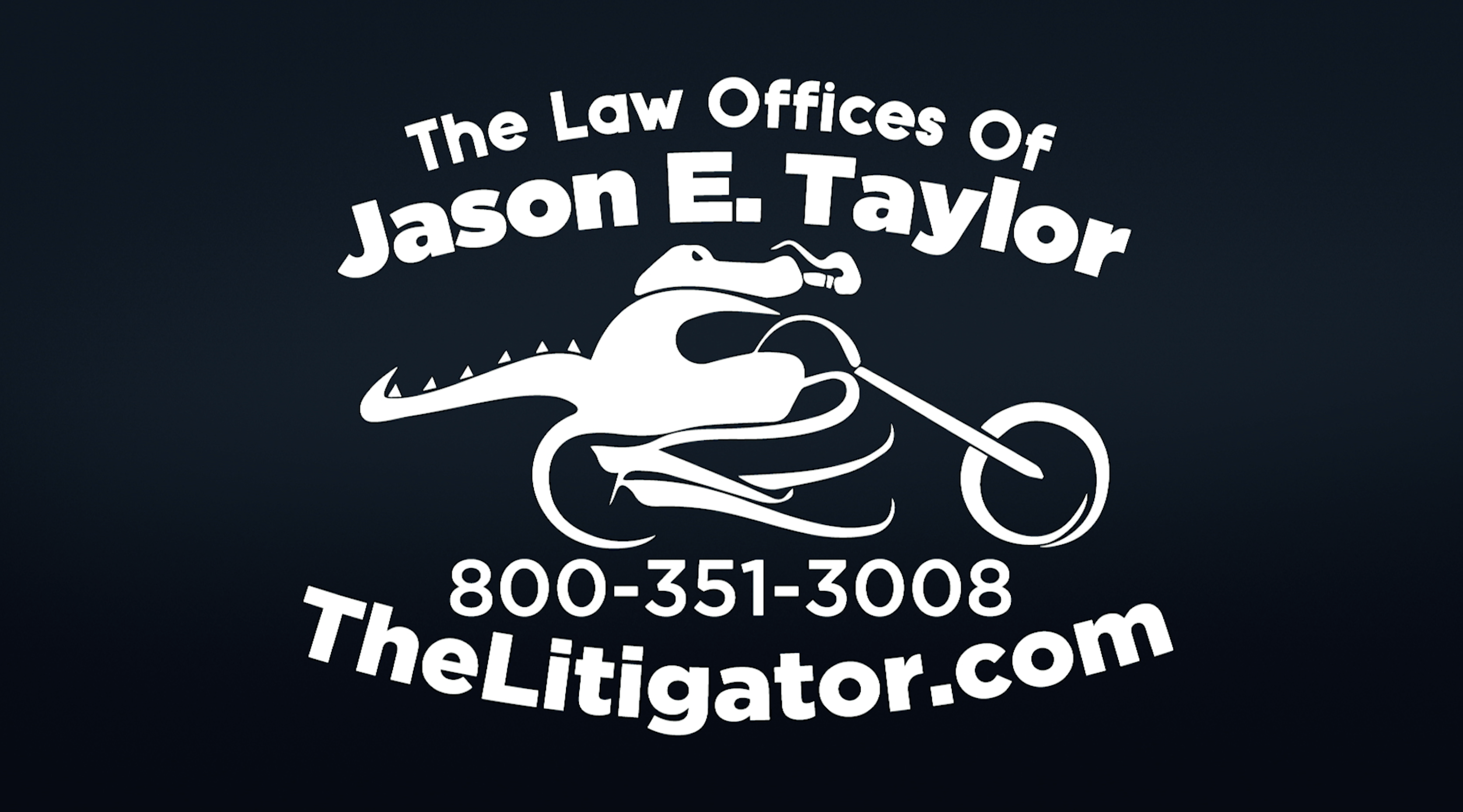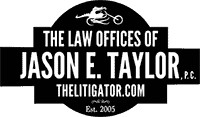If you’ve been injured in an accident and are considering hiring a personal injury lawyer in Concord, North Carolina, you should know a few things. First, you should talk to a lawyer if you or someone you love has suffered any injury—from minor scratches to severe brain trauma. You may think the issue is minor and the claim can be resolved yourself, but most often this isn’t true.
Injuries are complicated matters and require specialized knowledge to navigate successfully. Hiring a personal injury lawyer early on can help your case immensely. While it’s true that many people wait until their injuries worsen before engaging legal counsel, doing so could cause more damage to your case in the long run.
Contacting a personal injury law firm early on gives them time to investigate the cause of your injuries and gather evidence supporting your claim. The longer you wait after the accident before contacting a lawyer, the harder it will be for them to prove negligence on behalf of others who may have been involved in causing your injuries or make it more difficult to prove your injuries were caused or exacerbated by the accident.
At The Law Offices of Jason E. Taylor, we understand how painful and frustrating personal injury claims can be. Our job is to ensure that you receive the compensation you deserve for your injuries so that you can focus on healing and moving forward with your life. Contact a Concord personal injury lawyer today for a free consultation.
Questions to Ask Yourself Before Hiring a Personal Injury Lawyer in Concord, NC
While there are many aspects to consider when hiring a personal injury lawyer, there are also some important questions to ask yourself. These include:
Did You Suffer Any Injuries?
Personal injury victims can suffer from a variety of injuries. If you sustained any minor or major injuries, it is important to consider how long they will take to heal. It would be best if you also considered the impact on your life due to these injuries.
For example, if you were in an accident and suffered a concussion that caused problems with your memory or concentration, then this could affect you when trying to return to work as it may cause difficulty with word-finding, brain fog or other symptoms.
You may need to take a leave of absence, which could mean losing income or missing out on meaningful projects at work. This could put you in a difficult financial situation after the accident.
Taking note of your injuries and how they’ve impacted your life could influence how much you’re able to recover in a personal injury claim.
Is Liability Clear?
The next thing you should do is determine whether liability is clear. In other words, it’s vital to find out if the person who caused your injuries was at fault for what happened. If they were not in any way responsible for causing your accident, then you won’t be able to recover any compensation from them.
Additionally, if you had any part in the accident —even if it was just a small part—you might be unable to recover any compensation. In North Carolina, if you are found to be just 1% at fault, you are barred from recovery under a law called contributory negligence. Whether liability is clear or not, you should still talk to a personal injury attorney about your case. They’ll be able to give you some advice about what you should do next.
Do You Have Other Damages?
If you have other damages, then you will be able to recover compensation for those as well. For example, if your accident caused you to miss work because of the injuries sustained in the crash, your lost wages may be recoverable.
If you had to hire someone else to do some of your household chores because of these injuries, that’s another type of compensation that could be available. All these things could be considered when filing personal injury claims.
You should still talk to a personal injury attorney about your case even if you don’t think other damages are recoverable. They’ll be able to explain more about what you can expect in terms of compensation for any injuries or losses sustained in the accident.
Do You Have to Work With an Insurance Company?
When trying to get the compensation you deserve, it’s essential to know how insurance companies work and their role in the process. You might be surprised to learn that they aren’t always on your side; they have a vested interest in keeping costs down as much as possible. This means they may try to avoid paying for damages or injuries entirely by denying claims where possible.
The best way to prevent this is to hire an experienced personal injury attorney. They can help ensure that the insurance company pays for all your losses, including medical expenses, lost wages, and pain and suffering.
Types of Personal Injury Cases in Concord, NC
It’s important to know that not all personal injury cases are created equally. There are many kinds of injuries, each of which requires a unique approach by your attorney. Here are just some of the most common types of cases:
- Car Accidents
- Pedestrian Accidents
- Bicycle Accidents
- Truck Accidents
- Slip and Fall Injuries
- Premises Liability
- Motorcycle Accidents
- Wrongful Death
Your Concord personal injury attorney should be able to help you with all these cases and many more. They’ll know how to build a strong case that will hold up in court so you can get compensation for your injuries.

Concord Personal Injury Lawyers That Fight For You
If you or a loved one has been injured in an accident, it is important to get legal representation. The insurance company will be looking for any reason not to pay for damages, so it’s vital that you have someone on your side who will fight for what you deserve.
Call the Concord personal injury attorneys at The Law Offices of Jason E. Taylor today for a free consultation.









